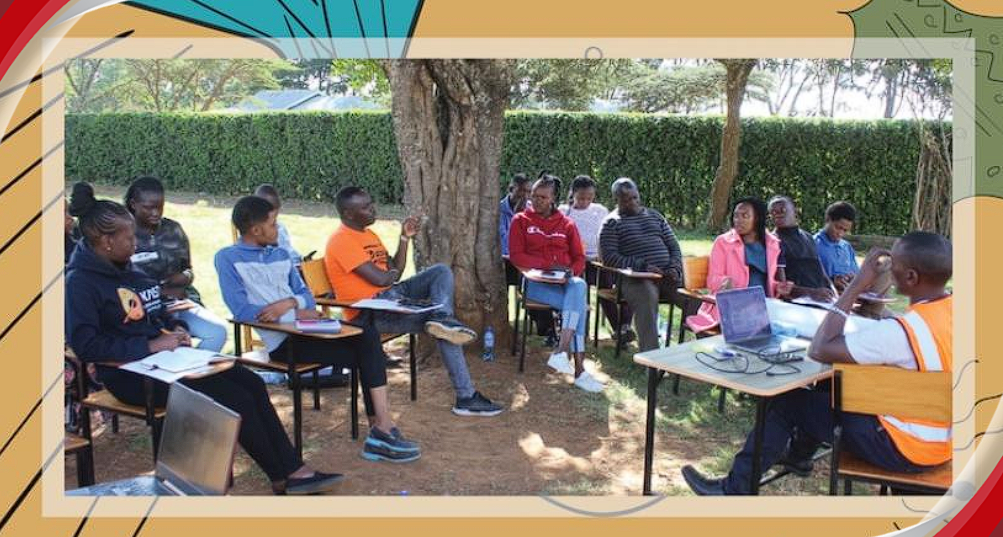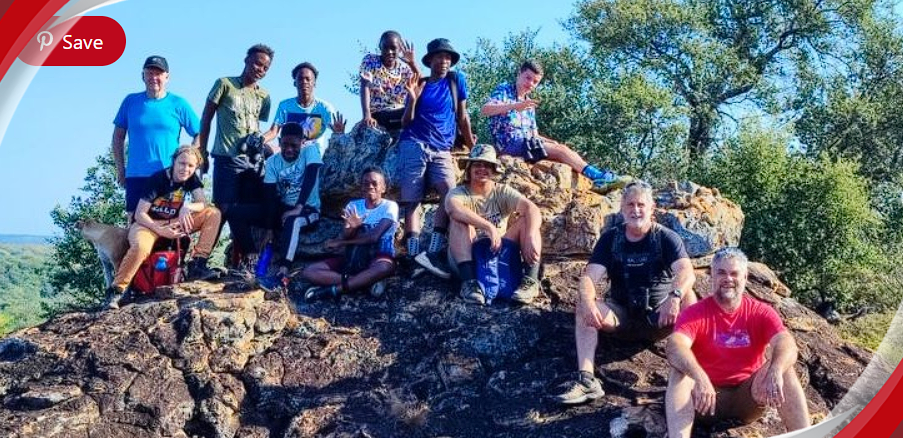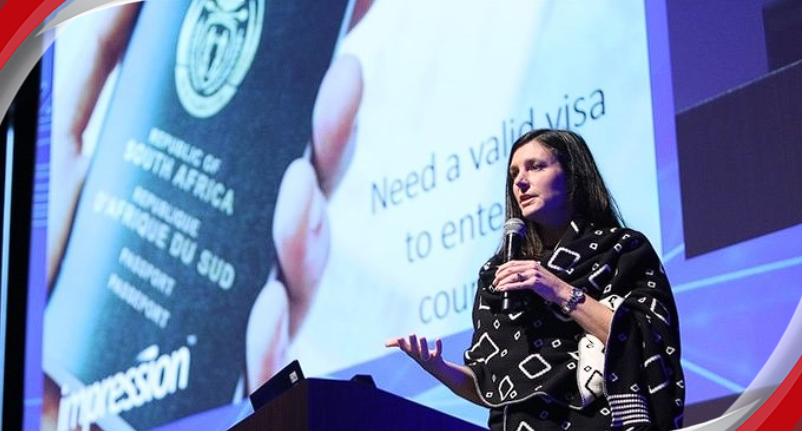Articles
Youth, remain resilient in the face of a tough job market
-
1 year ago
Last week, South Africa observed Youth Day which honours the young people who rose up against apartheid in Soweto on 16 June 1976 and those who lost their lives in the protest. It is against this backdrop of youth resilience that Karien Boshoff and Matheko Waleng, both principals at Signium Africa, guide interns at the company and engage with young candidates where they can and share their experience.
Says Boshoff: “Firstly, there’s a perception among our youth that they must have a university degree to be employable. This is not true and we encourage young people to look at the various alternatives open to them, such as internships, online studies that provide certification in sectors such as technology, and apprenticeships where they’re available.”
Importantly, she notes, actual hands-on experience is invaluable. “We often meet newly qualified young people who don’t see the value in starting on the bottom rung of the office ladder once they have their degree. That is not a helpful mind set.”
Waleng concurs: “When a young person enters the workforce, those with previous work experience of any sort tend to fare best. My advice to students at university or college is to get a job – any type of job – while they’re still studying.
“The value of this is learning to engage with others in your workplace and communities; and gaining immersive experience you can’t learn from books.”
She says that as a student, she worked at a variety of jobs throughout her four-year period of studying, which can be added as work experience on your CV and usually impresses potential employers.
With many years of experience in talent acquisition and placement, Waleng and Boshoff note that despite the pressure of a massive unemployment rate in South Africa – currently 61% of those aged 21 to 34 are without work – South Africans have proved their resilience over and over. “However, in this climate,” says Boshoff, “the first hurdle is to find a job and the second, to keep it. In almost every case, keeping a job is directly associated to the attitude of the candidate.
“Attitude is also what gets young interns or employees a good reference. If a manager notes that the candidate is proactive and constantly asks; ‘Is there anything else I can do?’, and shows they’re happy to take on tasks not part of their actual job description, a new employer always takes this as a sign of accountability and initiative.”
Waleng urges interns, “Make yourself indispensible. Companies may take on several interns but often won’t be able to provide permanent employment for all of them. Those who take on extra tasks with the attitude Karien mentions are more likely to be noticed, appreciated and probably employed.”
Here, Boshoff adds: “Attitude, motivation and commitment set employees apart. Be committed to the job you’ve been given to do and be motivated, even if you don’t like the work.”
Waleng adds, “Until you find what you like, do everything you do with excellence. “Employers and colleagues can ‘read’ your attitude. If they perceive an ‘I don’t want to be here, I’m only doing it for the money’ mindset, you won’t get far. Nobody is suggesting you overwork yourself, but showing your skills and enthusiasm truly does get noticed.”
Network, meet challenges with solutions
As South Africa’s youth face many challenges right now, Boshoff suggests some steps those who have the opportunity to study can take to improve their chances of employment: “Network as much as possible. If you’re studying law, join a law club or society. If you’re studying journalism, write some articles and pitch them to newspapers or magazines. These are things you can include in your CV.”
Not everyone is cut out for university, nor can everyone afford it, Waleng asserts. “In many cases, a school leaver who becomes a plumber or electrician is able to start their own business and provide very well for their family... and possibly fulfil their dream of studying later. By then, they’ll have the money dreams like this cost.”
On 16 June, Signium Africa remembers those for whom Youth Day cost lives but brought changes; and urges today’s youth to note they have the same resilience it takes to change their lives today.
Importantly, we remember the words of the late Secretary-General of the United Nations, Kofi Annan: “Young people should be at the forefront of global change and innovation. Empowered, they can be key agents for development and peace. If, however, they are left on society's margins, all of us will be impoverished. Let us ensure that all young people have every opportunity to participate fully in the lives of their societies.”
Related Articles Posts
Categories
Popular Post
-
 SA’s IT spend to outpace GDP growth 1 year ago
SA’s IT spend to outpace GDP growth 1 year ago -
 Vodacom, Netstar launch free in-taxi Wi-... 1 year ago
Vodacom, Netstar launch free in-taxi Wi-... 1 year ago -
 South Africa under pressure to fill cybe... 1 year ago
South Africa under pressure to fill cybe... 1 year ago -
 Organisations with a strong employee val... 1 year ago
Organisations with a strong employee val... 1 year ago -
 Joint policy-in-action event highlights... 1 year ago
Joint policy-in-action event highlights... 1 year ago -
 Boost your digital transformation journe... 1 year ago
Boost your digital transformation journe... 1 year ago








